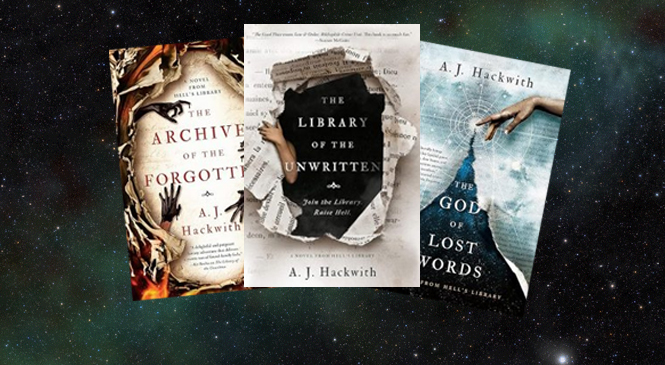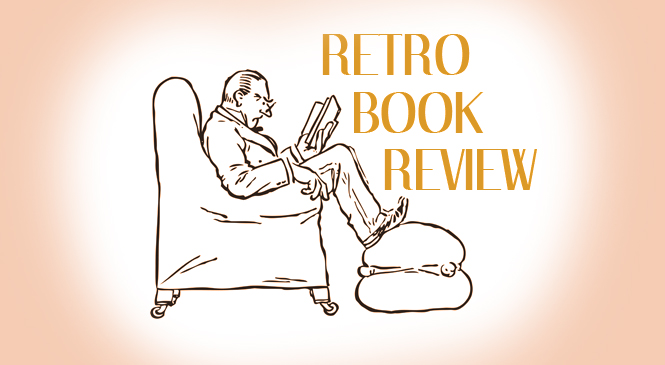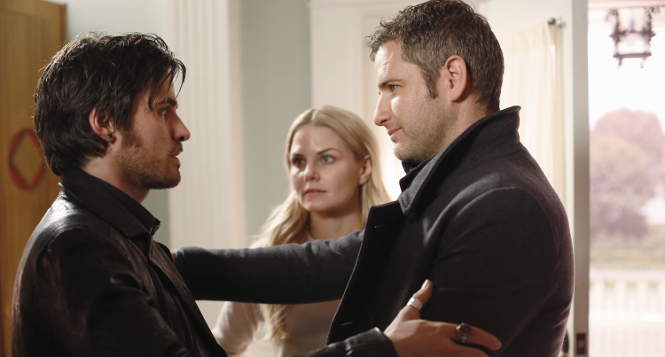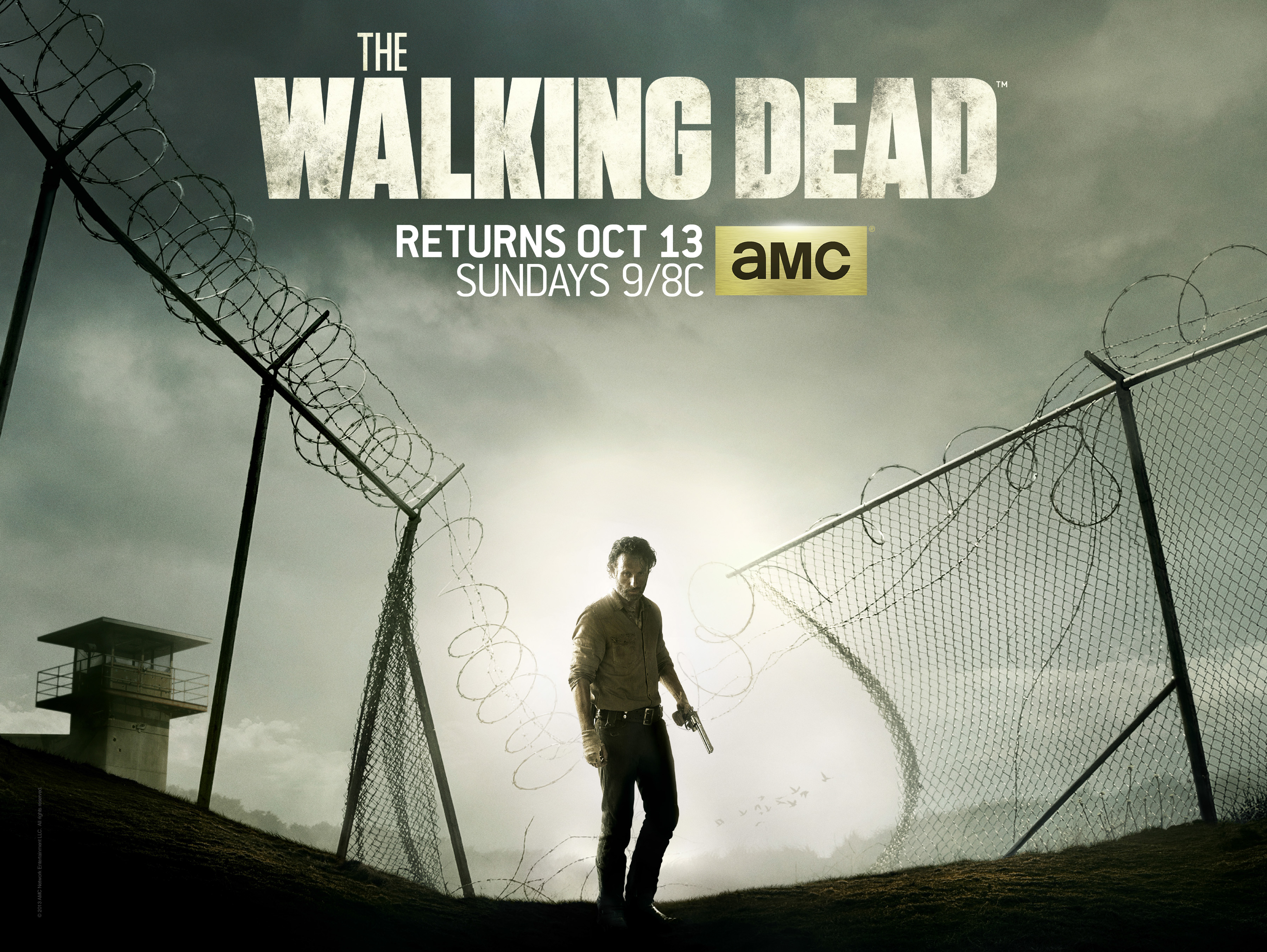The Hell’s Library Trilogy — A Devilishly Fun Story

Sometimes a premise just catches my attention. A library in Hell… I’m listening. Filled with books that were never finished… sounds appropriate for a library in Hell. Where the characters linger in limbo, desperate for the conclusions their authors never reached… my heart is a little broken now. But this is precisely the premise for A.J. Hackwith’s The Library of the Unwritten, the first book in their Hell’s Library Trilogy.
[editor’s note: minor spoilers ahead]

The Library of the Unwritten
(Hell’s Library #1)
Written by A. J. Hackwith
Published by Ace
October 1, 2019
Hardcover, 384 pages
The Library of the Unwritten begins with Clair Hadley, the current librarian, as she hunts down an escaped character. Because all the books in this library are incomplete, the characters are unfulfilled and also incomplete. Heroes haven’t proven their valor. Lovers haven’t stopped yearning. Villains haven’t been defeated. The newer selections still seek to return to Earth in the hopes of coaxing their authors to complete their stories. They understandably seek meaning in their lives. The older tomes are content to remain in their sections, reminiscing and comparing stories with characters from similar genres.
Although the library is usually left to self-govern, when a fallen angel, Ramiel, concludes that the way to return to Heaven’s graces is to find the Devil’s Bible and steal it to Heaven, allowing that upper realm to have control over the lower one, Clair must find it before he does.
Clair is not alone in her quest. She has Brevity, her assistant librarian who failed as a muse when, instead of giving inspiration away (as a muse is wont to do), she kept it for herself. Leto, an awkward teenage demon who doesn’t remember why he’s in Hell, why he’s afraid of everything, or why—as a demon—he only wants to do the right thing. Hero, a character who escaped his book and—when Clair returned him—was rejected by it. Unable to return to his pages, selfish Hero seems incapable of living up to his name.
Clearly Clair has her hands full just maintaining order in this unusual enclave in Hell.
As the story unfolded, I found myself engrossed in this idea. Perhaps it’s the writer in me, my connection with libraries, but I found it a fresh take on writerly things. Hackwith does a fantastic job of letting the story explain the rules rather than wasting time worldbuilding and telling the reader how it all works. The story has multiple narrators; their points of view sometimes conflict and overlap, giving characters greater dimension. Several other realms in this world of the literary undead are briefly explored, but each realm has its own personality and rules. Some will be familiar, such as Valhalla, where only the worthy warriors, fallen in battle retire to, while others are so old and forgotten that no one remains to remember why they’re there.
As a first story written for an intended trilogy, it has a stand-alone feel with enough left unexplained that most readers will likely feel satisfied and still curious by its conclusion. Written for a YA and adult market, it has a good deal of PG-13 violence, some suggestive language, but I never felt like it was written down to a younger audience.

The Archive of the Forgotten
(Hell’s Library #2)
Written by A. J. Hackwith
Published by Ace
October 6, 2020
Hardcover, 364 pages
The Archive of the Forgotten begins shortly after the conclusion of The Library of the Unwritten. Claire and her comrades may have saved the library from utter destruction, but at the cost of many unwritten books and the characters living within them. Part of the library is the Arcane Wing, which contains a collection of magical and cursed artefacts, many of which are so old their true purposes are long forgotten. When one of the books contained in this wing begins leaking ink, Claire and Brevity, while attempting to staunch the stain, discover that it contains a strange power. How they each see what this ink can do puts them at odds with one another. But they also recognize that this is a secret that not even Hell knows about.
In addition to most of her compatriots from the first book, Claire is now also joined by Ramiel, the fallen angel is learning that the neutrality of the library might be the most righteous path, and Probity, a sister muse to Brevity, who—instead of giving inspiration to those around her—assaults them with her opinions and beliefs.
With some new characters and narrators (Hero and Ramiel now get chapters from their point of view), Archive differentiates itself from Library by remaining more focused on the library and its Arcane Wing. It isn’t without peril and introduces the reader to more worlds and rules of the afterlife, including the very terrifying bridge, which people cross to transition from life to death, uncertain where it will lead them. While The Archive of the Forgotten does wrap up its story in the end, and is an enjoyable read, it does lose some of the novelty of the first book. I never found it disappointing, however. Hackwith is a wonderful story weaver, and does a very solid job of telling the middle story of the trilogy.

The God of Lost Words
(Hell’s Library #3)
Written by A. J. Hackwith
Published by Ace
November 2, 2021
Hardcover, 368 pages
The God of Lost Words is the final book in the trilogy. Rather than just being the third story, it creates a literary pyramid by standing upon the first two books to complete the story.
In The Library of the Unwritten, the reader is given an understanding of the nature of Hell’s Library and the multiple worlds that exist in the realm of the afterlife. In The Archive of the Forgotten, the true power of the books in Hell’s Library is finally understood. In The God of Lost Words, Malphas, one of Hell’s most horrible generals, has come to take that power for Hell to make it the most powerful realm, overthrowing all other worlds. Claire, Brevity, Hero, and Ramiel are insufficient to stop him. Even asking the other realms for help may not be enough. There are difficult sacrifices to be made, and in the end, unraveling the very nature of Hell’s Library may be the only way to keep Hell from claiming it.
As a conclusion to the Hell’s Library trilogy, The God of Lost Words isn’t a grand slam. For readers who enjoyed the first two books enough, it’s more of a walk-off home run. There’s a lot really satisfying about it. Character arcs are completed. Now, characters have grown throughout the series, but there’s a difference to seeing a character grow and watching them reach their conclusion. They’ve learned who they are, and while that’s immensely satisfying to read, watching it happen to everyone all at once ends up feeling a little like the summary crawl at the end of a movie when you learn what happened to each character. It’s neither good nor bad; it’s just that everyone reaches their own personal conclusions around the same time.
There’s also a challenge with books with lots of action, and that’s getting the characters to have enough time to forge deeper connections to one another. There is romance in this book, and while it does develop throughout—it arguably begins in The Library of the Unwritten—it reaches its conclusion as the stakes are at their greatest, conveniently making the sacrifices the characters are called to make all the more difficult.
The God of Lost Words covers the most ground of the three books, and while most of the ground it covers is—by this point—known to the reader, Hackwith still has some tricks up their sleeve to surprise the reader and keep the story fresh and surprising until the conclusion and wrap-up.
Hell’s Library is immensely enjoyable, fresh and original. Its flaws and foibles are never so great as to take away from the discovery of Hackwith’s take on the afterlife. Characters are consistent throughout in that they grow from their experiences, and that growth isn’t always positive as they suffer hurts and betrayals. It can make for some difficult reading when a character you’ve fallen in love with withdraws into bitterness, but watching them claw through their pain to become the person they were destined to become makes them more likeable in the end. It isn’t without its foibles, especially nearer the conclusion, as Hackwith tries to give each character what they deserve, it can feel rushed as pacing changes throughout. But even when it slowed, I always enjoyed Hackwith’s prose. Sometimes I questioned their choices, because I really wanted Hackwith to stick the landing, but I reasoned that it was better to reach a satisfying conclusion with some minor issues than to stretch that ending out and risk boring the reader in those final pages.
Hackwith’s next book, Toto, is due out in November, 2024. It is a retelling of The Wonderful Wizard of Oz, from the dog’s perspective.
![]()




